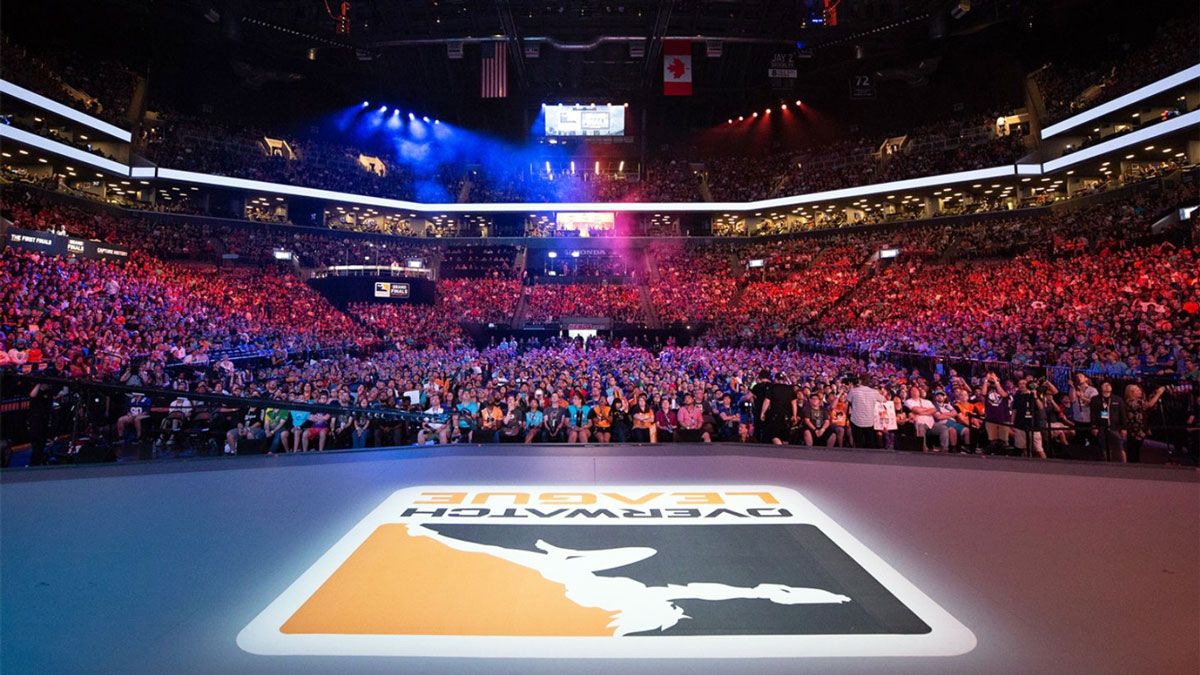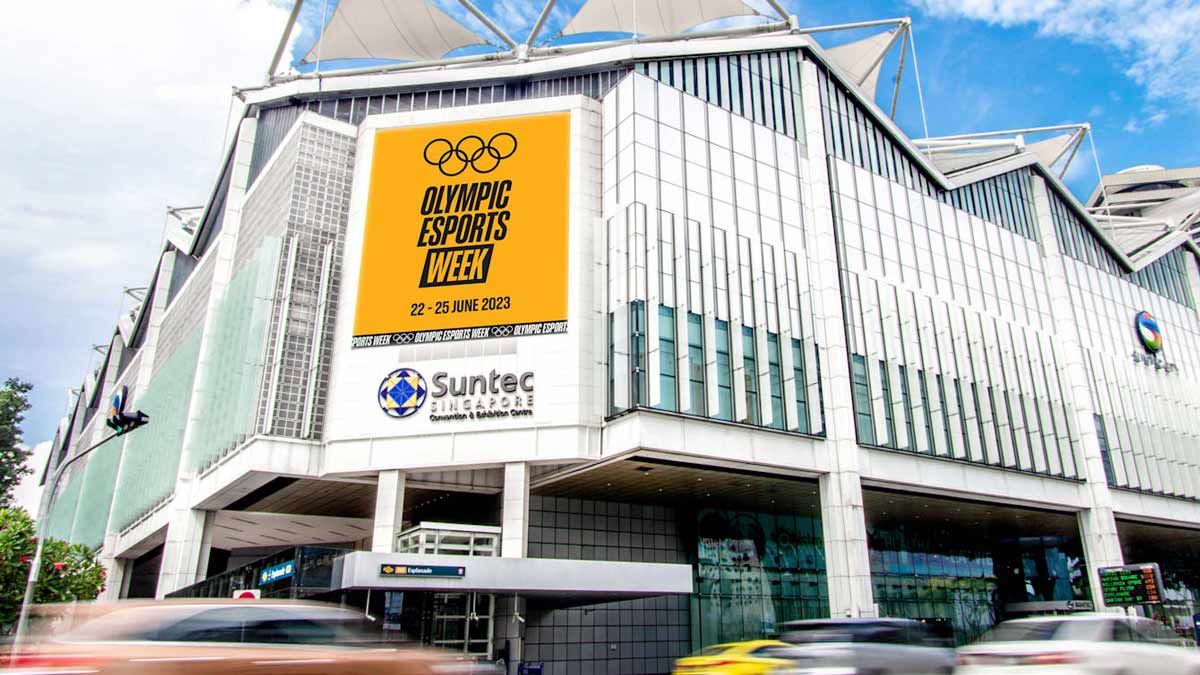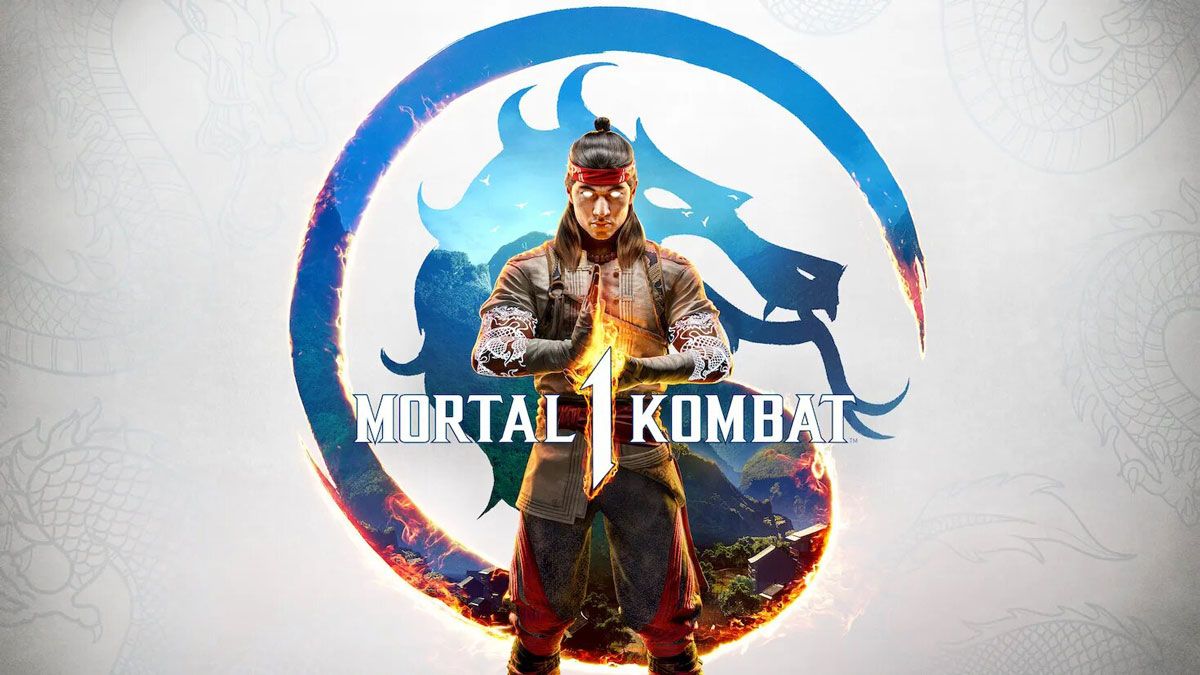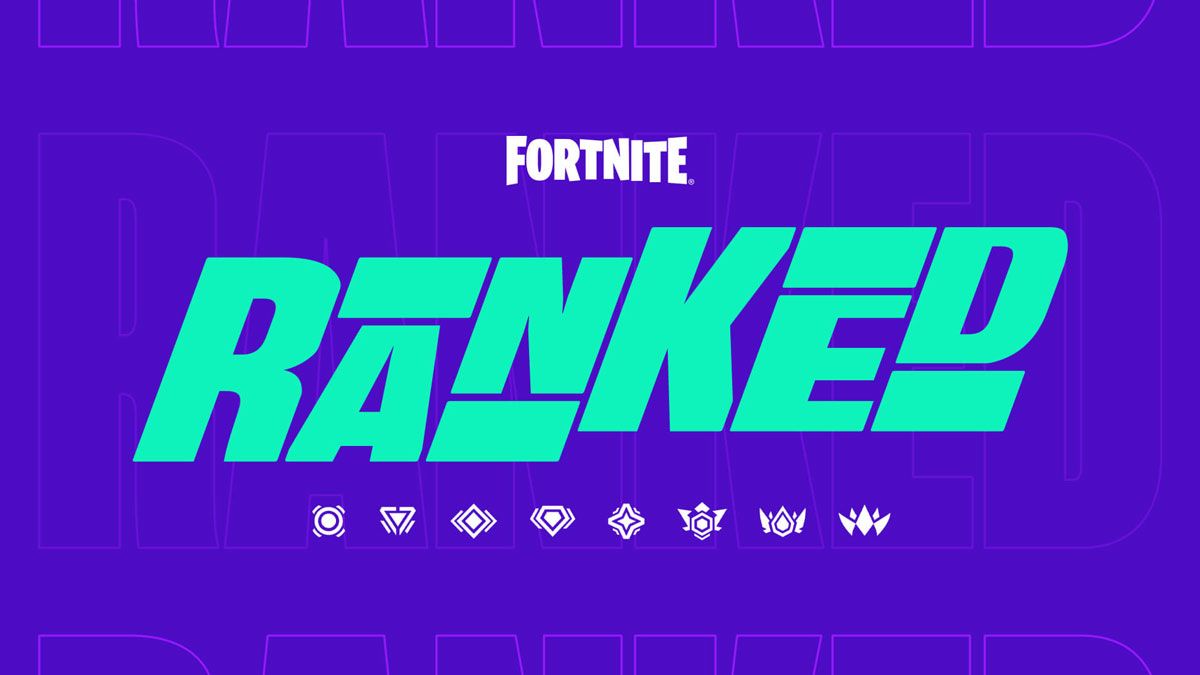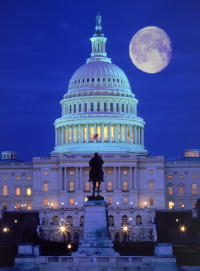
During the lame duck session before the upcoming holiday season, Senator Reid is attempting to attach new internet poker legislation onto a larger "must pass" bill like the extension of tax cuts for the rich package going through Washington.
Reid has been passing around regularly updated drafts of bill that would crate a licensing system for companies hoping to operate legal online poker forums in a newly regulated and fully legal US environments.
The proposed system would allow the states and Native American reservations keep 70% of revenues generated with the U.S. Federal Government keeping the other 30% generated from the 20% tax rate on poker room revenue (i.e. their rake).
Opposition in the form or conservative Republicans are united in their opposition based on moral and fiscal grounds stating Reid is committing the gravest sin "desperation for more tax dollars to pay for ever-increasing federal spending."
Reid realizes he has a limited window and opportunity to enact new legislation before new Republican electees take office in January.
While the bill is still in flux, some of the major features listed are:
- Poker rooms wanting a license would halt all poker playing within 30 days and return all funds to US players within another 30 days.
- There would be a 15 month moratorium on sites that want to receive a license to offer online poker.
- Individual states and tribes can opt in or out of the system.
- Established states where gambling is licensed presently and U.S. gambling entities (e.g. casinos, race tracks, native american gambling entities) would have the inside track on receiving the first licenses with outside interests suffering a waiting period.
- U.S. players would only be able to play other U.S. players for at least an initial 3 year period.
- Cheating and consumer protection issues are addressed for vulnerable populations.
Reid is a crafty politician who has seized a small window of opportunity to push forward with new legislation to combat the effects of the UIGEA. Political insiders put the chances of this new legislation passing at under 33%. There are a tremendous variety of opposing forces with interests in this bill. Even non-American interests, citing explicit open trade pacts will object to the closing off of the American online poker market. In the end, it is hoped that pragmatists accept that there is no denying poker's popularity and that sharing in the spoils that has created a $25 billion global industry with 15 million paying American customers is worth crafting a reasonable compromise.


